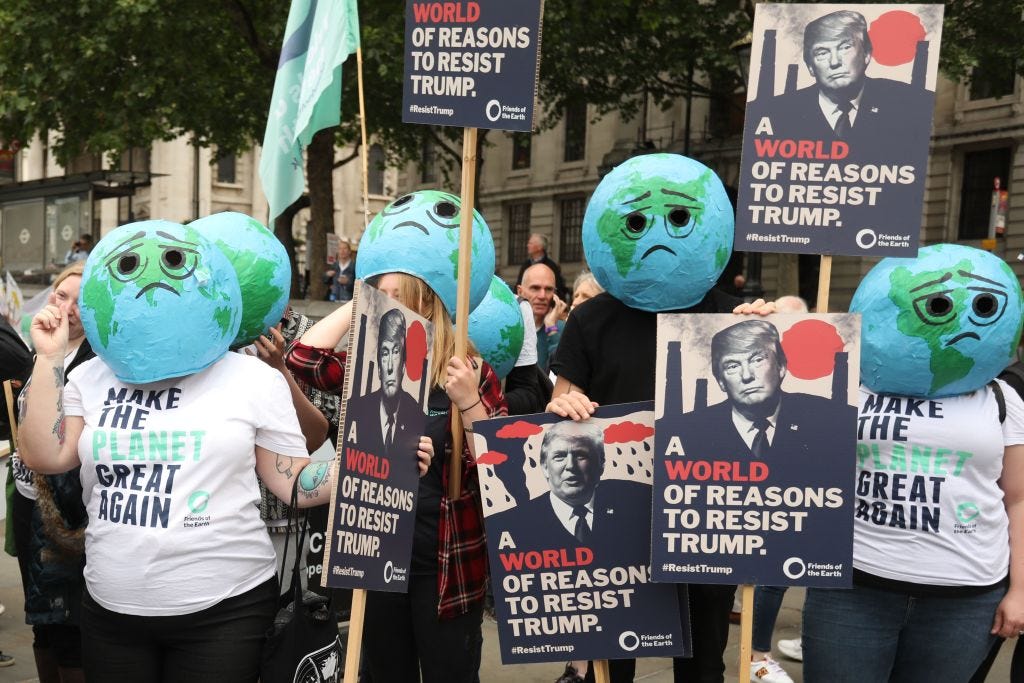Trump's environmental assault begins
Here's how activists envision the fight ahead.

Ever since Republican President Richard Nixon created the Environmental Protection Agency in 1970, the agency’s singular mission has been “to protect human health and the environment.”
But on Monday, Trump’s choice to be the next E…

